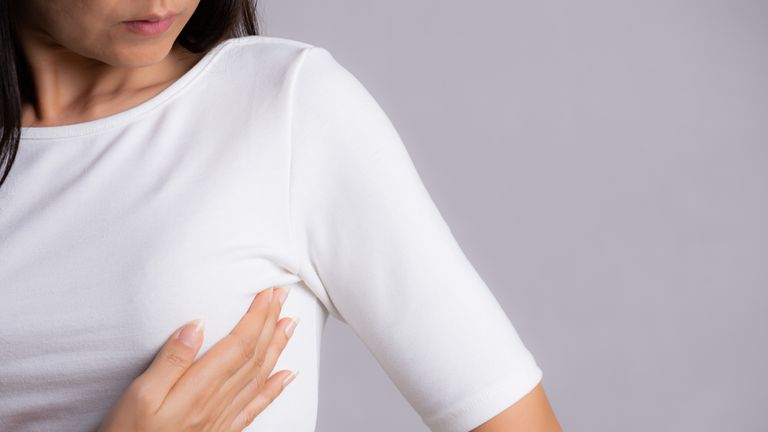Almost a million breast screening appointments have been missed in the UK due to the COVID-19 pandemic, according to a charity.
Breast Cancer Now have estimated that around 986,000 women have missed mammograms in the UK after screening services were paused because of coronavirus.
This includes 838,000 women in England, 78,000 in Scotland, 48,000 in Wales and 23,000 in Northern Ireland.
The charity have also estimated that around 8,600 women could be living with undetected breast cancer.
Breast screening services were temporarily paused to free up emergency NHS resources as well as trying to help reduce the spread of coronavirus.
Breast Cancer Now have said it “is a grave concern” that nearly one million women will be caught in the backlog which will lead to further delays in diagnosis, adding that services have resumed at different speeds around the country.
The charity has called on the NHS and government to set out how they plan to tackle an anticipated rise in demand for imaging and diagnostics.
Baroness Delyth Morgan, chief executive at Breast Cancer Now, said: “Mammograms are a key tool in the early detection of breast cancer, which is critical to stopping women dying from the disease.
“We understand that the breast screening programme was paused out of necessity due to the global COVID-19 pandemic, but we must now press play to ensure that all women can access breast screening, and we cannot afford for the programme to be paused again.”
A spokesperson for NHS England said: “The vast majority of cancers detected through screening programmes are at a very early stage and so any impact on patients who were due to be screened is extremely low.
“More than 200,000 people were treated for cancer during the peak of the pandemic, breast screening services are now fully up and running with over 400,000 women invited between June and August and thousands more invites are now being sent every month – we would encourage anyone who is invited to book an appointment.”
The charity’s analysis comes after leaked data, reported by the Health Service Journal, revealed that the number of people on waiting lists after being referred to cancer services increased from 50,000 in August to 58,000 in September.
This included nearly 6,400 people who waited more than 100 days for a specialist appointment after referral.

